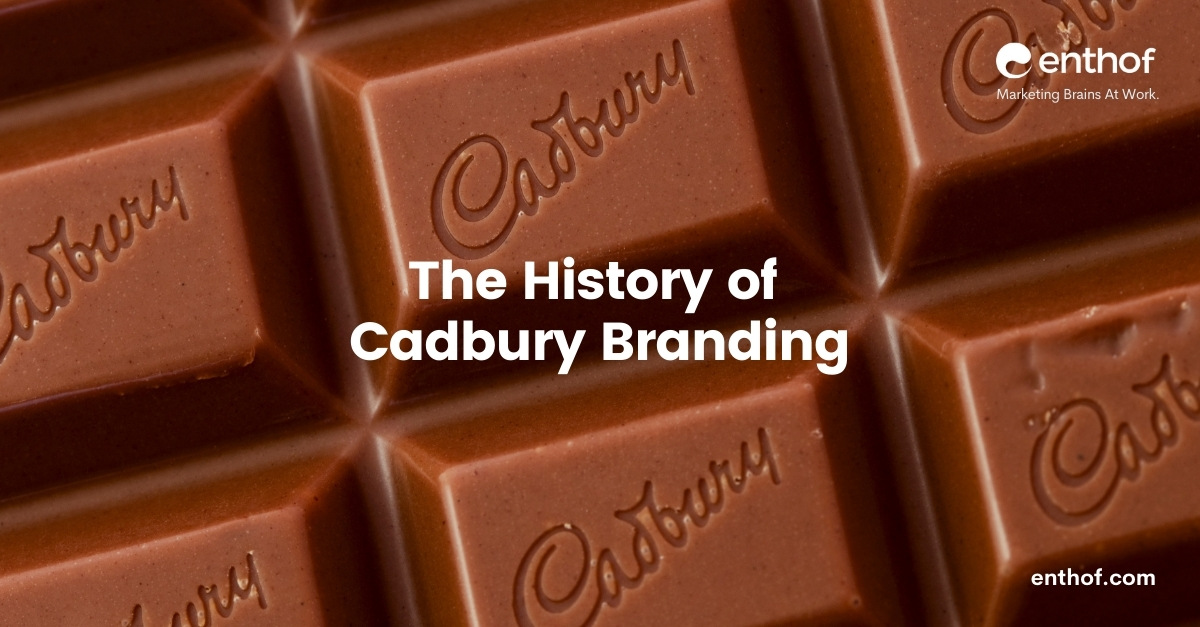Consumer Behaviour Affect Marketing Strategy – An Insight
Knowing what motivates individuals to buy in general and what motivates your customers to buy in particular is critical to company success. In other words, Consumer Behaviour Affect Marketing Strategy. But what about the commercial consequences of analysing consumer behaviour? What impact does methodology have on this component of a brand?

Here are some of the most important implications of consumer behaviour research for marketing tactics.
Internet Research
The internet is a powerful, yet inexpensive, instrument for conducting marketing research. It has gotten easier to acquire this data and supply organisations with these useful insights as customer behaviour adjusts to an increase in eCommerce, social media, and other ways of going about daily life online.
The Elaboration Likelihood Model (ELM)
It is a tool that marketers use to figure out which communication tactics are ideal for each section of their audience. It focuses on two types of persuasion: peripheral (when the audience is unable or unwilling to think deeply about the message) and central (when the audience is able or reluctant to think deeply about the message) (when the audience is actively considering the ideas or arguments of the message).
Consumer Decision-Making
Consumer Decision-Making is becoming more complex, with consumers increasingly relying on brand, product, and service reviews before making a purchase. Consumers today strive to make better-informed decisions, which influences a brand’s marketing techniques. This is known as sophisticated decision-making.
Sales Projections
Businesses can use historical customer behaviour to assist them make sales estimates for the future. These sales forecasts essentially predict the expected volume of sales for their market over a specific time period, allowing them to better plan to meet the needs of their customers.
Supply and Demand
This concept refers to the difference in quantity between how much a company wants to sell and how much customers actually want to buy. The price of a product or service is heavily influenced by supply and demand. Marketers must also be able to adapt their strategy to changing supply and demand conditions.
Consumer Psychographics
It refers to a person’s attitudes, aspirations, opinions, interests, beliefs, lifestyles, and personality characteristics. Marketers use this crucial data to better engage with customers and improve the effectiveness of their marketing materials.
Market Sensing Processes
The goal of market sensing processes is to forecast consumer behaviour, allowing brands to be one step ahead of the competition in terms of marketing and commercial strategy. When a company has a better understanding of its customers and their future behaviour, it has a significant competitive advantage.

It’s critical to consider these critical questions about your brand, products or services, and target audience when developing a marketing strategy based on customer behaviour.
Critical Questions To Ask Yourself to Understand how Consumer Behaviour Affect Marketing Strategy
- What kind of customers are more inclined to purchase our goods, services, or products? And what distinguishes them from those who are less prone to do so?
- Which are the most important factors or factors that consumers are likely to consider when determining what to buy? What factors might have a role in these choices? What is the nature of this decision-making procedure?
- The aspects of our products, goods, or services are most important to individuals who use them? Accessibility, price, brand image, or some other criterion?
- Strategies can we employ to persuade customers to pick our brand over that of our competitors? How can we position our brand to be the most successful?
- What do our customers think of our competitors’ branding, products, and services? What makes you think this is different from what they think about who we are and what we have to offer?
Some More Questions
- What must a customer do in order to purchase and use our product? Is it a simple or complicated procedure, and are there any methods to make it more accessible to them?
- Is there a time or circumstance when a customer is more inclined to purchase what we have to offer? How can we make the most of them?
- At what price point do customers feel comfortable purchasing our product or service and still feel they are getting good value for their money?
- What can we do to convert clients into brand loyalists?
- How can we improve their experience and please them?
So what is the Significance of These Specific Questions?
They focus on your specific brand, products, or services to get to the heart of a consumer’s activities. Same for decision-making processes. They not only push you to consider the various factors that may impact a buyer’s decision, but they also inspire you to dig deeper into your own company operations to see what you’re doing well and where you might need to improve.
About the Author
 Donald Gonsalves is the founder of Enthof Creatives and a regular writer for the website’s blog. He has more than 2 decades of experience in marketing, sales and branding. His need to research and learn more about these segments in never ending. To contact him, just drop an email to donald.g@sh118.global.temp.domains
Donald Gonsalves is the founder of Enthof Creatives and a regular writer for the website’s blog. He has more than 2 decades of experience in marketing, sales and branding. His need to research and learn more about these segments in never ending. To contact him, just drop an email to donald.g@sh118.global.temp.domains
Follow him on Linkedin – https://www.linkedin.com/in/donaldgonsalves



